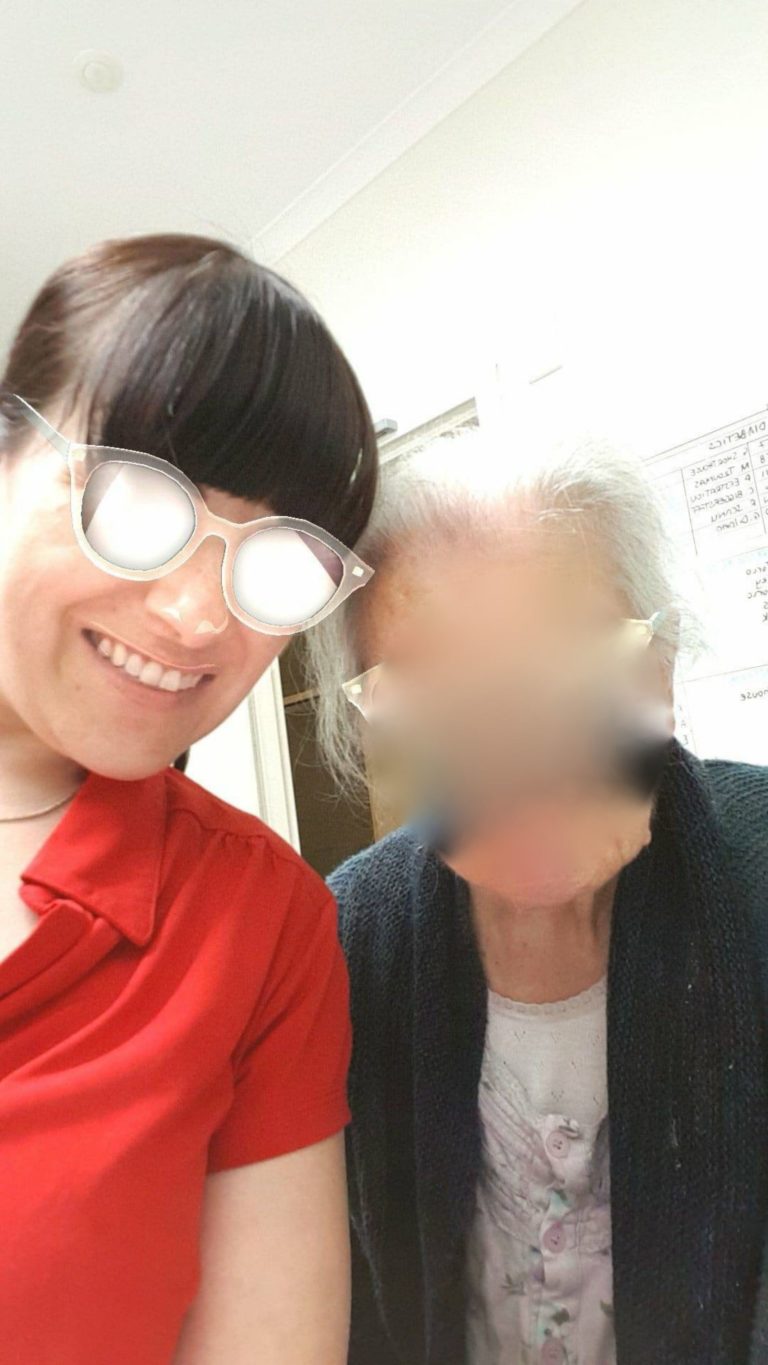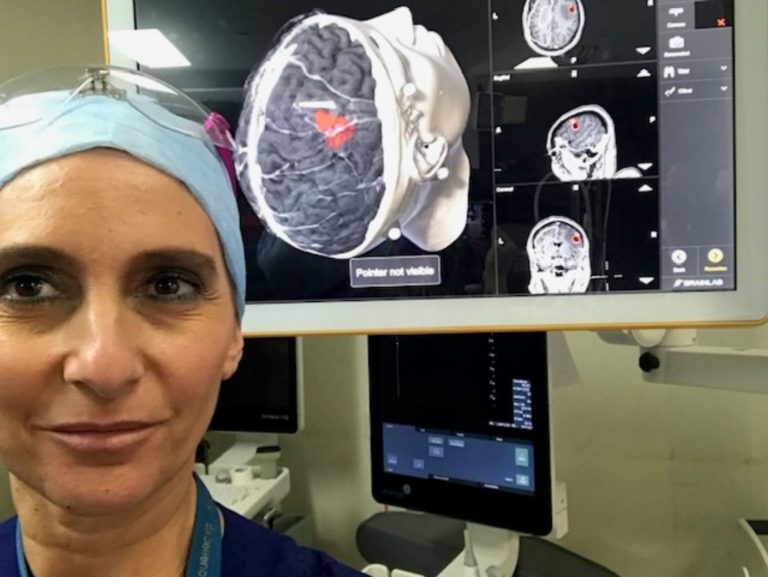Today we honour the healthcare workers who work tirelessly to support families and individuals going through tough times. World Health Day is celebrated on April 7 and in keeping up with the celebrations Neos Kosmos spoke to three healthcare workers across three different sectors to give readers some insight into the work they do.
Toula Mykoniatis
The aged care sector has put very strict guidelines in place to ensure the safety of their residents and as Toula explains this has recently made this a difficult part of her job.
“There’s a pappou who comes every day to see his wife, he doesn’t understand we’re in lock down. And he’ll turn up every day, three times a day and we’re the ones that have to kick him out of the building, so it’s been hard in that aspect…trying to explain to the residents that they can’t see their families because they may get them sick is hard.”
There does come a time where Toula feels that her line or work “becomes part of her life and doesn’t seem like a job anymore.”
“They’re not just the patient, they’re there for a few years. You get to know them on a different level, they become your yiayia and pappou essentially or a good friend…they become family.”
This brings along some of the most treasured aspects of her profession.
Toula says, “The most rewarding part is those relationships. Getting to know them…I sit down with them for a good 20 to 30 minutes and ask them how their life was and show that care for them, so you know what they did, where they grew up, when did they get married, how many kids did they have. We sometimes don’t get that chance to find out who they are.”
READ MORE: Covid-19 flip from running night clubs to delivering much needed medical gear

Fylli Kaoullas
Working as a surgical technician at St Vincent’s private hospital, Fylli Kaoullas sees COVID-19 symptoms firsthand.
Dealing with the pandemic has been a rough ride, as she explains that just because there are doctors, they specialise in their own field and extra training needs to take place.
“This is a respiratory flu. Not everyone’s a respiratory doctor. You have to remember that, because people go, ‘but hang on a minute, you’ve got so many doctors!’ Yes, but not everyone’s a respiratory doctor. This attacks your respiratory system. That’s what we started training for about two weeks now,” says Fylli.
Medical professionals in Australia are communicating with others across the world to attempt to get the most up to date information on the virus and the battle is ongoing.
Fylli says, “Don’t think that the doctors aren’t afraid. We need to remember that they are also family people…And we’ve got to remember, they’ve already got their own patients who are unwell. So who do you prioritise; the patient that is recovering from cancer and needs your care or the COVID-19 patient?”
Healthcare workers are taking necessary precautions to the best of their abilities to keep safe from the coronavirus as they work, however it is not just the physical toll that is a worry.
“It’s a dark situation but it shouldn’t be depressing because mental health is also a strain that we need to deal with. Mental exhaustion. The hours are long, I could be working anywhere between a 12 and an 18 hour shift, that’s exhausting.”
READ MORE: Australian doctors request release of asylum seekers to protect them from Covid-19 infection

Penny Papadakos
Mental health can be difficult to navigate as signs of illness are not usually physically present. As mental health nurse Penny Papadakos describes it, “if you’ve got a broken bone you can see a broken bone, but when the mind is fractured there’s no physical evidence.”
The virus has made it undoubtedly difficult to undertake normal tasks as the 1.5 meter rule is virtually impossible to adhere to in their profession. One of the biggest challenges however happens beyond pandemic constraints.
“The main concern when working the acute setting is aggression, because we deal with a lot of addiction; people who take ice, speed, heroin… We don’t mind the verbal abuse so much, we can handle that…it’s the potential for the physical aggression which happens more than one might think,” says Penny.
These essential workers have been hailed as ‘heroic’ by some however Penny says this may do a little more damage than intended good.
“Everyone has their role… Everyone has value,” she says.
“Sometimes people forget if you have that kind of twist on people’s impression then they might get surprised if we get frustrated or lose our patience…they have an unrealistic expectation of how we are and people say ‘oh but you’re a nurse, you’re a hero, you shouldn’t think that way’, and I think no, I’m a human being and I have my limits of how many times I can be called a f****** c***…We have a role to fulfil just like anybody else in the current structure of our society,” Penny explains.
“I’m not a hero, I just do a job that for whatever reason be it my personality, my temperament, is capable of fulfilling that one.”









